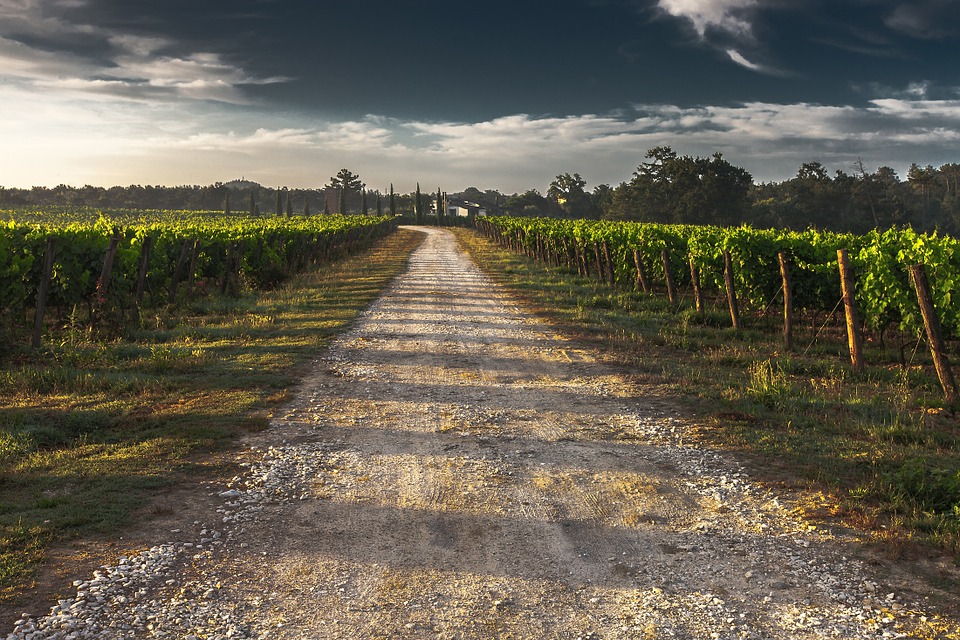Let’s start with this: the words “hobby” and “farm” really shouldn’t go together. Hobbies are well, hobbies! They’re enjoyable diversions and pastimes that we turn to when we want to temporarily escape from the grind and stress of daily life. But farming is an altogether different experience.
Yes, there are times when faring can be fun and enjoyable; including in profound ways that are impossible to explain to those whose farming experience is limited to a backyard garden or visits to rural relatives (“OMG, there’s no wi-fi in the barn — how do you people survive here?!”).
But to suggest that farming is a hobby is hard to swallow. It’s not. At least not in the traditional sense. Not if your version of hobby doesn’t include going to battle every now and then with Mother Nature (by the way, she’s not always as warm, friendly and compassionate as her public relations team and advertising banners would have you believe).
Yet despite all of this, the term “hobby farm” has become part of the vocabulary (nobody asked me for my input on this), and is widely used to entice stressed-out city people to, at least every now and then, reconnect with the earth — and in many ways, reconnect with themselves and their family as well.
If you’re considering investing in a hobby farm — and the price tag can be quite steep — then here are three important things that you want to know now, not later:
1. You need professional help.
While it’s fine to scour the web looking for hobby farms in your area and price range, long before you consider making an offer you should connect with a professional who has experience in the farm/rural real estate space. Otherwise, you could end up buying a money pit, or “buying more farm” than you can comfortably handle.
2. Don’t delude yourself about profitability.
Yes, it’s possible to generate a return on investment from your hobby farm. But frankly, you shouldn’t count on it; not when you factor in what economists call opportunity cost, which is the money that the next-best-option would have generated (i.e. income from a full or part-time job). Remember: this is a hobby. Generally speaking, hobbies don’t generate huge profits (or sometimes, any profits). And you don’t have to take my word for it: even the IRS raises an eyebrow when hobbies are money-making endeavors, because if so then Uncle Sam wants a share of the action.
3. Talk to your neighbors
One thing that you learn very quickly on a farm is that your neighbors have a major influence on your experience — for better or for worse. There are always issues that crop up (no pun intended!) now and then: broken fences, burst pipes, coyotes…the list goes on. Or sometimes, you just want to head next door (even if it’s five acres away) to borrow a snow shovel or ask about a lost cat. You don’t have to become bff;s with your neighbors, but you should certainly introduce yourself and ask some questions about the area before you buy — not after.
The Bottom Line
Buying a hobby farm could be one of the best and most rewarding decisions that you make. Or, it could be a nightmare that has you scrambling to return to your familiar urban environment. Doing your homework, getting expert advice, and making a decision with your head and not your heart (or at least, not just your heart) are critical to your happiness and success.
And who knows? You may love farming so much, that you get rid of the “hobby” part and become a full-time, full-blown farmer. I bet you’d look awesome in a pair of overalls!



